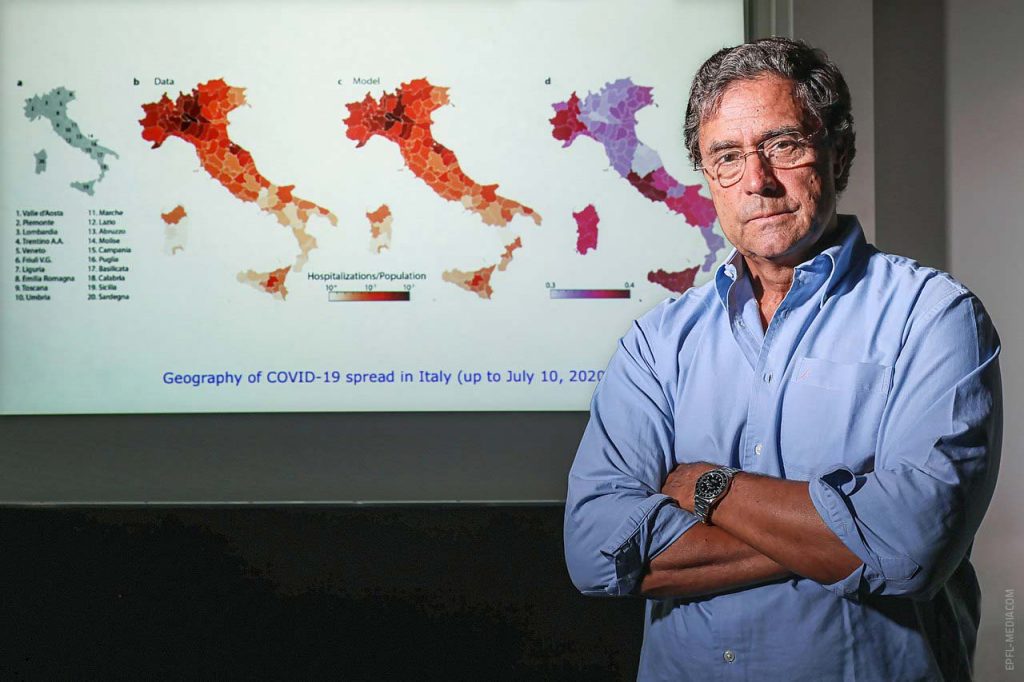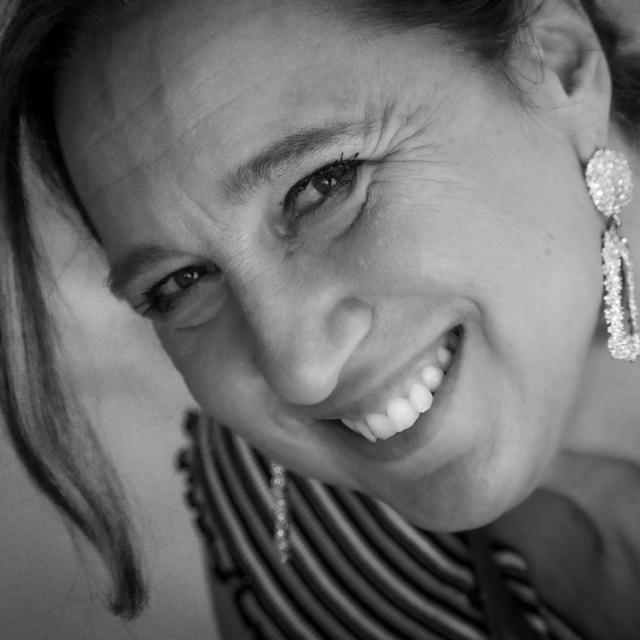
Per la rubrica CREAIncontra abbiamo chiesto ad Andrea Rinaldo, professore dell’Università di Padova, scienziato italiano per eccellenza sull’acqua, che ha ricevuto nel 2023 il premio Stockholm Water Prize (il cosiddetto Nobel dell’acqua) di raccontarci, il suo punto di vista su questa risorsa indispensabile per la vita e per l’agricoltura, anche in relazione al G7.
Chi è Andrea Rinaldo? Si vuole presentare ai nostri lettori?
Sono Ordinario di Costruzioni idrauliche nell’Università di Padova (di cui sono il decano oggi), e dirigo il Laboratory of Ecohydrology nella École Polytechnique Fédérale de Lausanne. Mi occupo di piene, siccità e di equa distribuzione dell’acqua, in particolare studiando i fiumi come chiave per capire come funziona la natura. Nel 2023 ho ricevuto dal Re di Svezia lo Stockholm Water Prize per i miei studi sul ruolo delle reti fluviali come corridoi ecologici.
Come è successo che si è trovato a studiare l’acqua: per scelta o per caso?
Facile: sono nato e cresciuto a Venezia dove l’acqua, salvifica o detrattrice’ è inevitabile e parte del quotidiano
Cosa ha significato per Lei il G7 ? E cosa significa oggi?
Ieri e oggi G7 vuol dire poter ascoltare e far sapere quali sono i grandi temi che si pongono alla nostra società
Possiamo dire che l’acqua in un certo senso è il convitato di pietra di questo G7 agricolo? Perché? Che scenario ci troviamo davanti, in Italia e nel mondo?
Lo scenario è quello di un clima locale e globale che sta cambiando con una velocità mai vista prima dal nostro pianeta. Questo richiede una riflessione profonda intorno alle mitigazioni e gli adattamenti possibili.
Che cosa si può fare nel breve, medio e lungo periodo? Quali sono le soluzioni su cui sta lavorando la Ricerca?
Nel breve periodo adattamenti intelligenti. Nel lungo periodo ridurre la concentrazione di gas serra in atmosfera, la causa del riscaldamento globale. Nel medio non so cosa sia veramente fattibile. La Ricerca sta cercando una via, che necessariamente richiede un accordo globale, per la riduzione delle conce trazioni di gas serra in atmosfera, il nesso (vitale) acqua-cibo-energia.
Su cosa sta lavorando ora?
Sul metabolismo dei bacini fluviali, l’insieme dei processi responsabili della evoluzione e del mantenimento dei paesaggi che vediamo intorno a noi — la chiave per poter essere capaci di prevedere bilanci precisi di acqua e carbonio (oggi e domani).
Cosa sogna uno scienziato dell’acqua per le generazioni future?
Un ripensamento della giustizia distributiva in tema di risorse idriche, come chiave per la riduzione globale delle disuguaglianze su scala globale.

CREAincontra: Andrea Rinaldo

For the CREAIncontra clumn, we interviewd Andrea Rinaldo, professor at the University of Padua and the quintessential Italian scientist on the water topic, who received the 2023 Stockholm Water Prize (often referred to as the “Nobel Prize for Water”), to share his perspective on this essential resource for life and agriculture, particularly in relation to the G7.
Who is Andrea Rinaldo? Please, introduce yourself to our readers.
I am a full professor of Hydraulic Engineering at the University of Padua (currently, I am the dean too), and I also manage the Laboratory of Ecohydrology at the École Polytechnique Fédérale de Lausanne. My research focuses on floods, droughts, and the equitable distribution of water, with particular attention to rivers as the key to understanding how nature works. In 2023, for my research on the role of river networks as ecological corridors, I was awarded the Stockholm Water Prize by the King of Sweden
How did you decide to study water? Was it by chance or by choice?
It’s easy: I was born and raised in Venice, where water, whether life-giving or not, is an unavoidable part of everyday life.
What has meant for you the G7? What does it mean today?
Then and now, the G7 means to be able to listen and communicate the major challenges our society is facing right now.
Is it true that, in one way or another, water is the elephant in the room of this G7? Why? Which kind of scenario are we facing, in Italy and globally?
The scenario is one of local and global climate change speeding up at an unprecedented pace never seen before on our planet. This requires thorough consideration of possible mitigations and adaptations.
What can be done in the short, medium, and long term? What solutions is research working on?
In the short term, clever adaptations. In the long term, reducing greenhouse gas concentrations in the atmosphere, as this is the cause of global warming. In the medium term, I am unsure what is truly feasible. Research is looking for a path, which necessarily requires global agreement, to reduce greenhouse gas concentrations in the atmosphere and address the linkage between water, food, and energy.
What are you currently working on?
I am focusing on the metabolism of river basins, the collection of processes responsible for the evolution and maintenance of the landscapes around us, this is the key to accurately foresee water and carbon balances (today as tomorrow).
What does a water scientist hope for the generations come?
A rethinking of distributive justice on water resources as a key to reduce inequalities on a global scale.

Direttrice Responsabile CREA Futuro e Capo Ufficio Stampa CREA
Storica per formazione, giornalista per vocazione e comunicatrice per passione
#laFrase
vivere per raccontarla
(Gabriel García Márquez)


